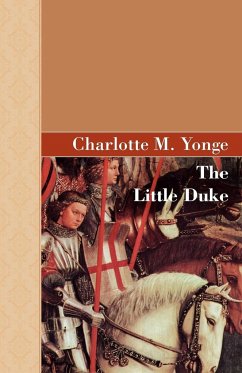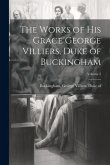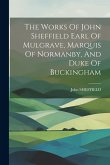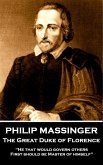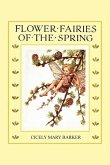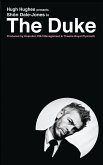The Little Duke is a story of one boy's courage in tenth century France. Richard's father has been assassinated, making him the Duke of Normandy before he has turned ten years old. He is taken to the court of King Louis, where he is looked after as a vassal - but is ultimately a prisoner. With only his squire Osmond de Centeville as his ally, the young Duke must negotiate the political and social ¬¬¬maze of the French court, learning how to survive and, if he can, escape! Based on the real-life story of William the Conqueror's great-grandfather, this exciting book will entertain children and adults alike.

